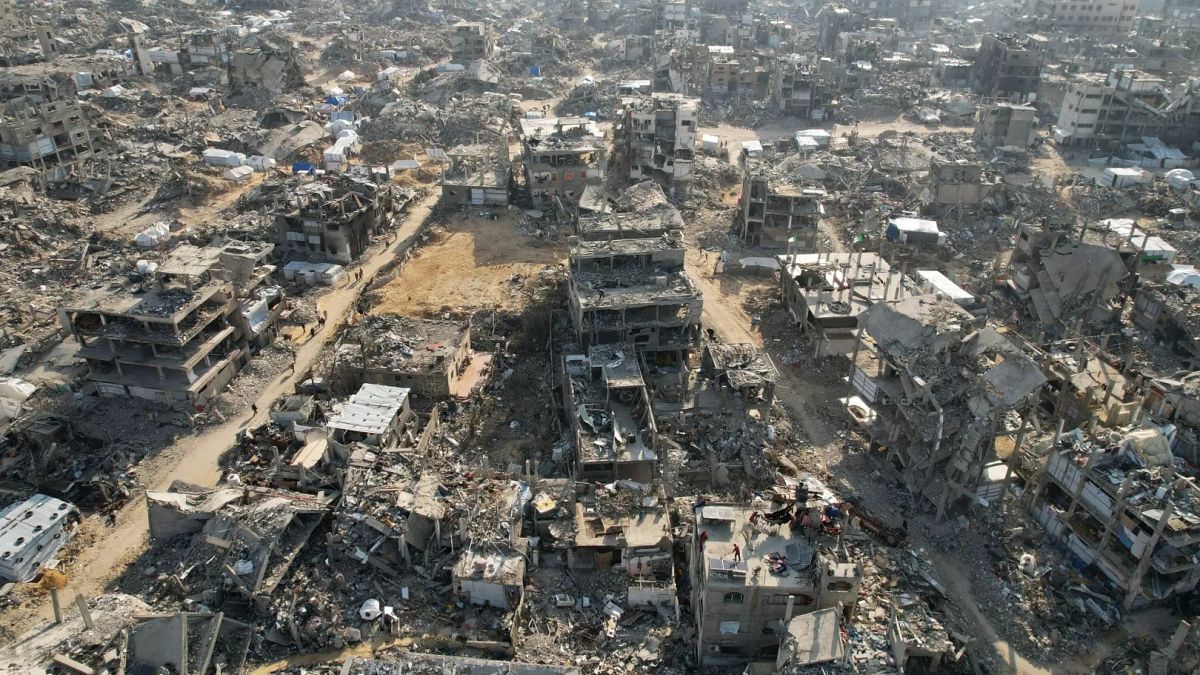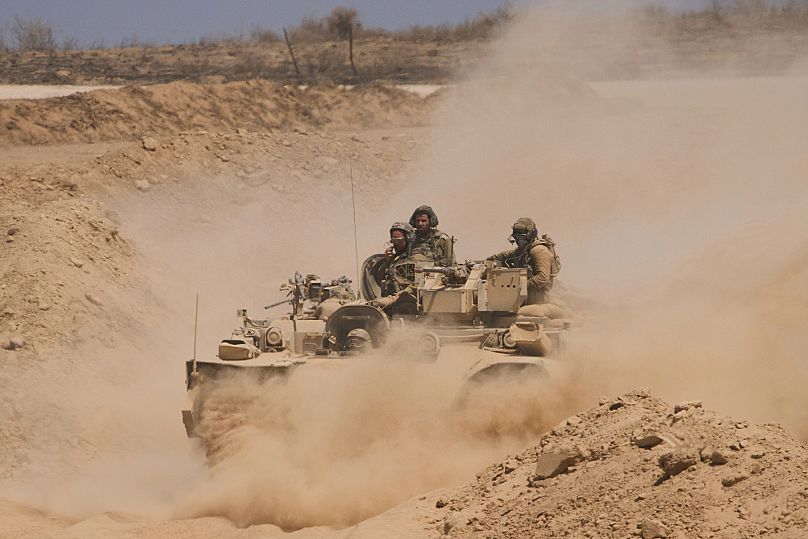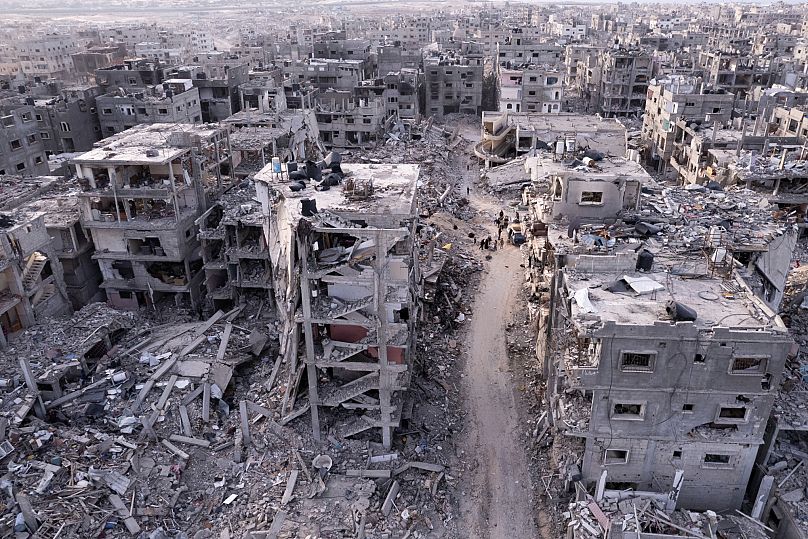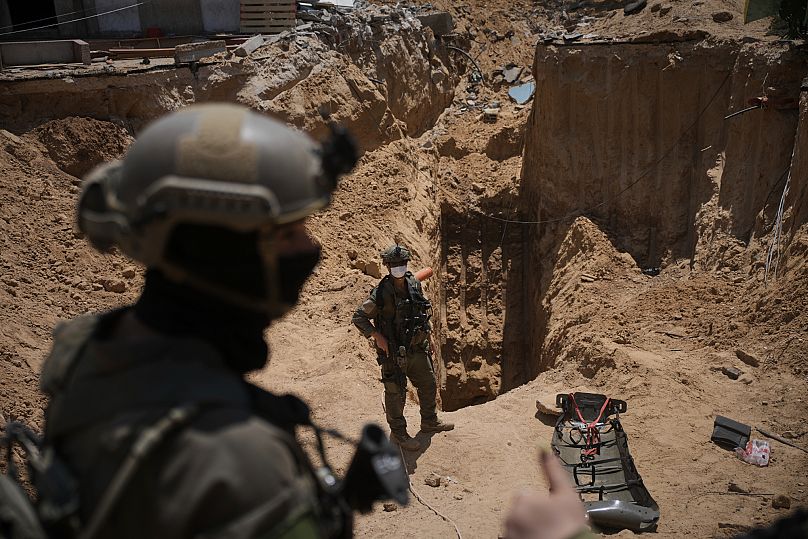Slovenia’s Bold Move: The Only EU Nation Prohibiting Arms Sales to Israel

Slovenia Severs Arms Flow with Israel
Slovenia has enacted a total ban on the export, import, and transit of military equipment to and from Israel. The move signals a firm stance on weapons trade between the two nations.
Effects Across Europe
While Slovenia takes a decisive step, other European countries have opted to reduce their arms sales rather than stop them entirely. Key examples include:
- Germany – Slowing new maritime defense contracts.
- France – Restricting drone exports.
- Italy – Tightening rules on missile delivery.
These adjustments reflect a broader trend of cautious engagement in international military trade.
Slovenia Leads the Charge: First EU Nation to Cut Arms Links with Israel
In a bold move that set a new precedent, Slovenia announced a complete ban on all arms trade with Israel, including both transit and imports. The decision was taken amid growing concerns about the humanitarian crisis unfolding in Gaza.
Key Points of the Ban
- Symbolic Stance: Slovenia underscores that this measure is largely symbolic, reinforcing its longstanding cutoff of arms export permits to Israel since October 2023.
- Pressure Strategy: The ban aims to amplify pressure on the Israeli government to halt hostilities in Gaza.
- EU Context: The move highlights the EU’s failure to reach consensus on the issue, citing “internal disagreements.”
- Extended Sanctions: The cabinet is open to further actions, including suspension of Israel’s accession agreement, targeted trade sanctions, and broader arms embargoes.
Official Statement
“All measures are on the table, we support… the suspension of the accession agreement with Israel, as well as trade sanctions and an arms embargo, sanctions against certain settlers, certain ministers and the Israeli government that supports violence,” declared Tanja Fajon, Slovenia’s Minister of Foreign Affairs, in Brussels on 15 July.
“All measures must be taken as soon as possible, until there is a ceasefire, until the violence has stopped, until we have a resolution between the two countries,” she added.

Israeli Troops Exit Gaza Strip With Armored Personnel Carrier
On 29 July 2025, Israeli soldiers were observed ferrying an armored personnel carrier from the northern Gaza Strip back into southern Israel.
- Location: Northern Gaza Strip to Southern Israel
- Vehicle: Armored Personnel Carrier
- Date: 29 July 2025
Falling sales
European Nations Tighten Arms Export Restrictions to Israel
Several European countries have adopted stricter controls on weapon sales to the Israeli state, following international treaties and domestic legal actions.
Belgium’s Explicit Ban
Belgium permanently banned arms exports to Israel in the aftermath of the 2008-2009 Gaza conflict, in line with its commitments under the Arms Trade Treaty.
Netherlands’ Legal Interventions
In February 2024 the Court of Appeal in The Hague declared the export of F‑35 spare parts to Israel null and void, underscoring domestic legal pushback against the arms trade.
International Frameworks Guiding the Restrictions
- The 2013 Arms Trade Treaty prohibits states from transferring weapons that could be used to commit genocide or crimes against humanity.
- In 2008 the European Union agreed to refuse the transfer of technology and military equipment that might prolong armed conflicts.
- These obligations extend beyond direct combatants, covering any equipment that could sustain military dominance over Palestinian territories.
Expert Perspective
Samuel Longuet, researcher at the Groupe de recherche et d’information sur la paix et la sécurité (GRIP), told Euronews: “European states must not only avoid exporting equipment that could be used in crimes in Gaza, but also refrain from providing gear that maintains Israeli occupation over the land, air, or sea.” This essentially covers almost all military equipment that the Israeli army could deploy.

Rafah Under Fire: Drone’s Unmissable View of Destruction
Snapshot from 24 January 2025
On 24 January 2025, a drone captured an aerial portrait of Rafah, revealing the extensive damage inflicted by Israel’s recent combined air and ground campaign.
- Scale of Destruction: Numerous residential blocks reduced to rubble.
- Infrastructure Impact: Major roads and utilities severely compromised.
- Human Toll: Reported civilian casualties accumulate.
- Strategic Significance: The area sits at the core of the ongoing conflict.
Continued exports
European Military Export Dynamics During the Gaza Conflict
Current Status of European Exports
European nations continue to supply defense equipment to Israel. Several states argue that the transferred components are either assembled within Israel or are strictly intended for aviation training use, thereby excluding them from operations in Gaza.
Recent Developments in Italy
Investigations carried out by Italian human‑rights groups and the investigative press uncovered that while the Italian government has halted the issuance of new export permits, all licences granted prior to 7 October 2023 remain valid. This includes the export of parts designed for training aircraft.
Dual‑Use Technology Concerns
The export of dual‑use technologies—those suitable for both civilian and military applications—raises significant complications. The potential for these materials to be redirected into armed conflict areas is a growing point of international concern.
Key Points to Note
- Legacy Licences: Any authorization issued before 7 October 2023 is still enforceable.
- Training Equipment: Exported parts are often marketed as training apparatus, not combat hardware.
- Dual‑Use Risk: Technologies with civilian and military uses may inadvertently support hostile operations.
- Regulatory Pause: Italy has suspended new export permits but maintains existing ones.

Belgium’s Ship‑To‑Sky Link: Screens Unlocking Israeli Drone Strikes
EU‑approved tech raises questions. In March 2023, the Flemish government permitted a Belgian firm to ship display panels that later appeared inside the cockpit of Israeli drones used to target a humanitarian convoy in Gaza. The importing government argued that the panels were “generic technology,” fitting into any cockpit, and therefore did not necessitate an export licence.
Shifting Arms Flows
- United States remains the predominant supplier, controlling two‑thirds of Israel’s arms imports.
- Germany and Italy follow as secondary and tertiary suppliers, respectively.
- G‑Swiss data identifies German sales of frigates and torpedoes, while Italian exports include parts for Israeli naval vessels.
Beyond Naval Hardware
Belgian representative Longuet notes that exports span all sorts of military equipment. Training aircraft components are also shipped, including parts for the M‑346 used by Israeli pilots. The same German, Hungarian, and Czech markets also offer high‑tech components for Israel’s drone and aircraft fleets.
EU Embargo Challenges
While an EU‑wide {arms embargo seems politically viable, implementing it would require unanimous council approval. Nations strongly supportive of Israel—especially Germany, Hungary, and the Czech Republic—are positioned to obstruct such a move.





